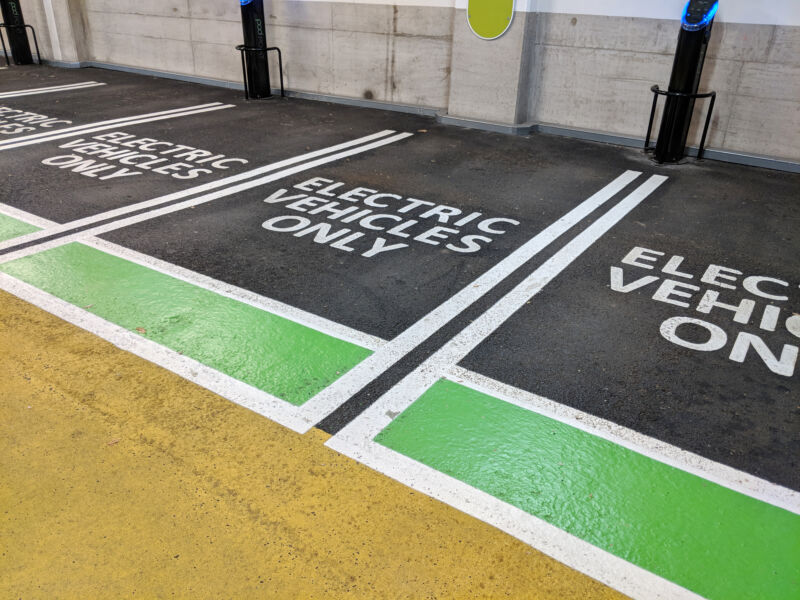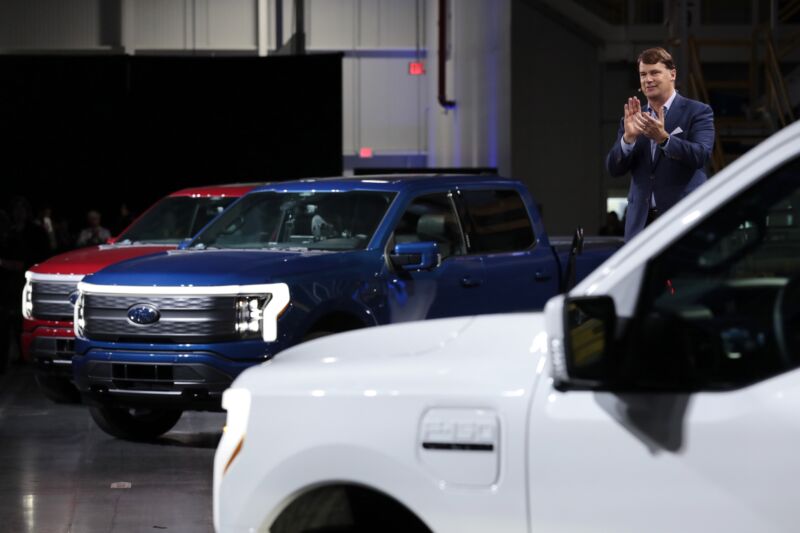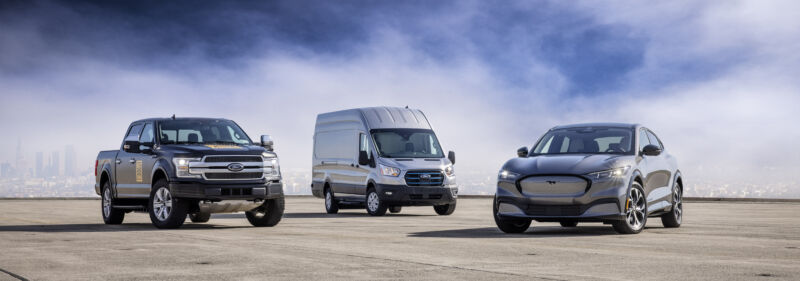-
 chevron_right
chevron_right
Car dealers step up opposition to White House fuel efficiency targets
news.movim.eu / ArsTechnica · Friday, 16 February - 18:02 · 1 minute

Enlarge (credit: Richard Newstead/Getty Images)
Electric vehicle sales had a pretty good 2023 in North America, with more than 1.1 million battery EVs and just under 300,000 plug-in hybrid EVs finding new homes. That's a 50 percent increase on 2022, yet the last few months have seen the trade and business presses report a string of negative stories about EV adoption. And it's not just news stories—major automakers are scaling back their EV ambitions, and together with auto dealerships, they're lobbying the White House to water down its plan to reduce transportation-related carbon emissions.
While US car buyers are still choosing EVs in greater numbers, the rate of increase is beginning to slow . According to a report from S&P Global, EV registrations grew by 23 percent in December, faster than the general increase in new light vehicle sales (15 percent year over year). But market leaders did not do so well. Tesla only grew sales by 11 percent; at Ford, they rose by 13 percent. Chevrolet saw EV sales drop by 26 percent as it finally exhausted its supply of the low-cost Bolt EV.
Car buyers’ concerns
Similarly, a survey from Deloitte provides a little more pessimism when it comes to EV adoption. It has found that only 6 percent of buyers are now considering a battery EV, down from 7 percent in 2023. Demand for plug-in hybrids has also fallen, from 7 percent in 2023 to 5 percent in 2024. Instead, more buyers want gasoline- or diesel-powered vehicles, a full two-thirds in 2024 compared to 58 percent last year.


